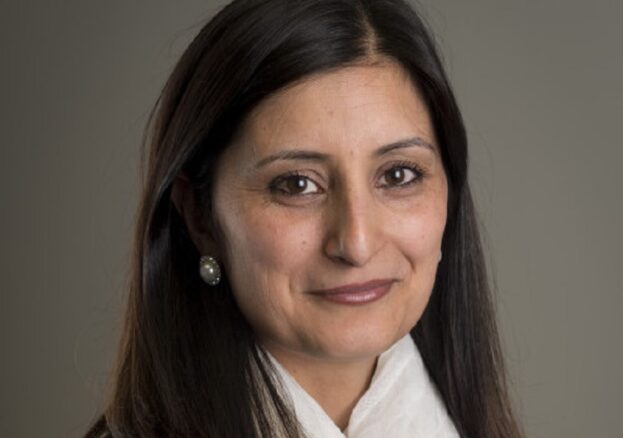
The University of Sheffield is one of the UK’s leading universities, with an international reputation for excellence.
Its history traces back to the foundation of Sheffield Medical School in 1828, Firth College in 1879 and Sheffield Technical School in 1884.
Nowadays it is one of the top 100 Universities in the world.
Their vision states, “We will deliver life-enhancing research, innovation, and education that not only transforms the lives of our graduates but shapes the world we live in. We believe the best way to achieve this is by fostering an ambitious, inclusive, collaborative community.”
We recently met up with Zaidah Ahmed MBE, the University’s Human Resources, Equality, Diversity and Inclusion Manager, to find more about the university and how they are dealing with diversity.
How long have you been working at Sheffield Uni and what is your role in HR?
I started in March 2020 a week before the pandemic and national lockdown! My role is HR Equality, Diversity and Inclusion Manager.
Competition to attract graduates and staff among the main UK universities is tough. How would you sum up the potential of joining Sheffield University in 2022?
Our staff and students come from all kinds of backgrounds. The University aims for every single person to reach their full potential. The University is trying to diversify its workforce, and this is an action in the Race Equality Action plan which was launched in 2019. The university supports graduates by exploring options including employment, entrepreneurship, and networking through job fairs.
We understand you co-chair the Student Sexual Violence and Harassment Operational Group. Is this a new initiative and how does it work on a day-to-day basis?
The Sexual Violence and Harassment Operational Group was created in 2020 to strengthen our approach and formalise the governance of the University work combatting sexual misconduct, by reporting to the Sexual Violence and Harassment Steering Group. This operational group replaced a sexual violence working group which was initiated in 2016 and is tasked with the operational delivery of the University’s approach to preventing, recording, and responding to sexual violence and harassment within the University community. This work is managed by an institutional action plan with multiple strands, such as training, communication, recording and support with work allocated to action owners and managed by the operational group.
Diversity is also very important to you personally, so what steps have you recently made to improve the University’s diversity policies?
In my current role, which I started at the beginning of the pandemic in 2020, I have developed excellent working relationships with senior colleagues in particular the Deputy Vice Principal, Faculty ED&I Directors, Heads of Department, Student Support Services and SU officers. I lead and manage strategically on projects including the HR Equality, Diversity and Inclusion team, providing oversight of the University’s ‘One University Strategy’ developing and delivering interventions that address key organisational challenges such as the Gender pay gap, BAME attainment gap and Race Equality strategy, Disability Equality, Religion and Belief, Internal LGBT+ Action plan, ED&I Training and Awareness, Athena Swan which is an instrumental role in shaping the ED&I and Wellbeing agenda in line with the One University vision.
Do you think the death of George Floyd and the Black Lives Matter Movement has had an impact on your organisation? If yes, please explain how.
My role has included dealing with Black Lives Matter, and other sensitive areas which has given me the track record of managing in a changing context. In response to the events over the summer: the murder of George Floyd, the Black Lives Matter movement, and the resulting local response to these events from both staff and students, the University took a strong approach to demonstrate its commitment to race equality.
With the country in the grip of the pandemic, have you found the challenges of recruiting top-level staff even harder?
The challenge the University has is diversifying the workforce more effectively than recruiting top-level staff.
Do you believe you have sufficient resources to undertake your role and efficiently embed diversity and inclusion?
Not at the moment but we are working on this!
